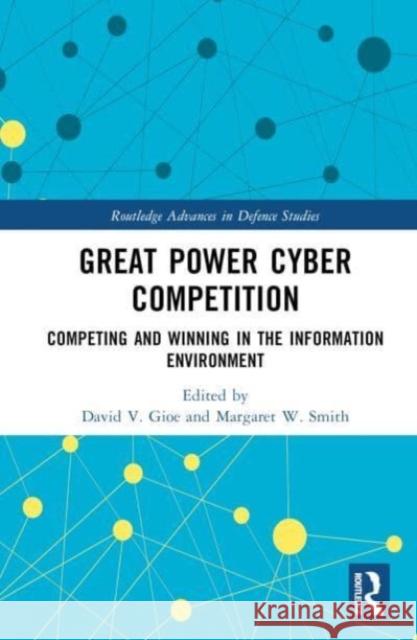Great Power Cyber Competition » książka
topmenu
Great Power Cyber Competition
ISBN-13: 9781032545264 / Twarda / 2024 / 264 str.
Great Power Cyber Competition
ISBN-13: 9781032545264 / Twarda / 2024 / 264 str.
cena 756,05
(netto: 720,05 VAT: 5%)
Najniższa cena z 30 dni: 654,86
(netto: 720,05 VAT: 5%)
Najniższa cena z 30 dni: 654,86
Termin realizacji zamówienia:
ok. 16-18 dni roboczych.
ok. 16-18 dni roboczych.
Darmowa dostawa!
This volume conceptualizes the threats, challenges, opportunities, and boundaries of great power cyber competition in the 21st century.











